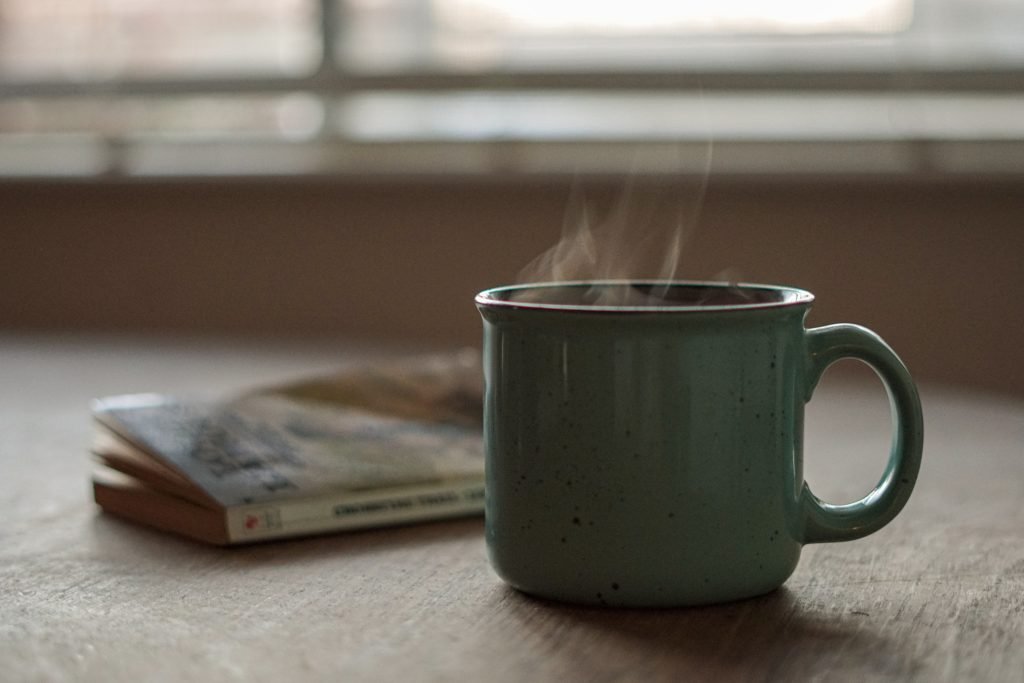Optimal blood circulation is essential for a well-functioning heart and to maintain healthy, unblemished legs devoid of spider veins, varicose veins, and feelings of heaviness. Moreover, it plays a pivotal role in fostering an active and robust body.
While our dietary choices and physical activity significantly influence circulation quality, they’re not the sole aids in this endeavor. Natural medicine, too, holds potential benefits. Here, we present a selection of prime herbal infusions that can contribute to your overall well-being and health by supporting blood circulation.
Herbal Teas for Enhanced Blood Circulation
It’s crucial to recognize that effective blood circulation is contingent on multiple factors. Relying solely on infusions won’t work wonders unless coupled with lifestyle adjustments. Therefore, we recommend that you:
- Limit salt intake and consumption of fatty, cholesterol-rich foods, as these can disrupt blood circulation and elevate the risk of heart ailments.
- Incorporate circulation-boosting foods into your diet, such as unsalted nuts or legumes.
- Engage in regular physical activity at least thrice a week—a cornerstone for promoting optimal circulation and a healthy heart. There’s no substitute for this recommendation.
- Mind your clothing choices, opting for loose-fitting attire that doesn’t constrict blood flow, particularly around the legs. If you have a sedentary job, consider using a footrest to elevate your legs slightly and facilitate circulation.
Horsetail Infusion
Horsetail, a widely recognized medicinal plant, is particularly adept at safeguarding arteries from hardening and preventing lipid buildup within them. This makes it an invaluable herbal infusion for bolstering blood circulation. Moreover, it aids in cholesterol reduction and benefits heart health.
To create this infusion, blend two tablespoons of dried horsetail herb with a liter of water. Boil the mixture for five minutes and allow it to steep for an additional ten minutes after removing it from the heat. Strain the infusion before consuming. For optimal results, aim to drink one to two cups daily over the course of a month. Afterward, take a month-long break before resuming ingestion.
It’s worth noting that horsetail infusion is not recommended for:
- Pregnant or nursing individuals.
- Those with type 2 diabetes.
- Individuals with gastric issues.
- People experiencing heart or kidney failure.
- Individuals with low blood pressure.
- Those currently taking aspirin, diuretics, anti-inflammatory medications, or laxatives.
Rosemary Infusion
Beyond its culinary applications, rosemary boasts medicinal properties with numerous health and cosmetic advantages. Rich in antioxidants, it facilitates blood circulation, making it a worthy contender for infusion.
To prepare a rosemary infusion, add a teaspoon of rosemary to a cup of water. Boil the mixture for five minutes, then let it steep for ten minutes before straining and consuming.
This infusion is not suitable for:
- Pregnant women due to potential abortive effects.
- Individuals with endometriosis, as it may exacerbate the condition.
- Those with intestinal disorders such as irritable bowel syndrome, Crohn’s disease, or gastroenteritis.
- Men with prostate inflammation.
- Individuals dealing with insomnia.
Ginger Infusion
Ginger root proves to be an excellent option for stimulating blood circulation and preventing clot formation. To concoct this infusion, cut two slices of ginger, approximately the thickness of a finger, and boil them in a cup of water. After five minutes of boiling, allow the mixture to steep for an additional 15 minutes before straining and drinking. One to two cups a day is sufficient. However, individuals with the following conditions should avoid this infusion:
- Hypertension.
- Gallstones.
- Those on anticoagulant medication, or circulatory and diabetes-related medications.
Pregnant or nursing individuals are advised to consult their healthcare professional before incorporating ginger into their regimen.
MEDICAL DISCLAIMER
Hummingbirdtearoom.com cannot and does not contain medical/health advice. The medical/health information is provided for general and educational purposes only and is not a substitute for professional advice.

